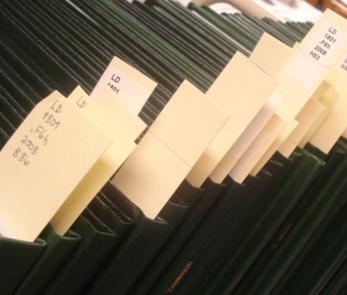
USF St. Petersburg campus Master's Theses (Graduate)
First Advisor
Major Professor: Lisa S. Starks, Ph.D.
Second Advisor
Jill McCracken, Ph.D.
Third Advisor
Milton W. Wendland, J.D., Ph.D.
Publisher
University of South Florida St. Petersburg
Document Type
Thesis
Publication Date
2017
Date Issued
June 2, 2017
Abstract
Charles Dickens’s Great Expectations is a perpetually repetitive sequence of abjection, mastery, and failure that contrasts with Victorian wish-fulfillment cinder fantasies. As an orphaned laboring boy from the marshes, Pip begins a failed attempt to compensate for his lack by possessing Estella, a love object who equally tortures and titillates. Thus, he enters into a fantasy that appropriates the Petrarchan mode of Shakespeare’s Sonnets through masochistic disavowal, fetishization, waiting, and suspense, shaping Great Expectations into fantasy narrative that refuses resolution. As Pip attempts to refashion his identity from laborer to gentleman, he is forced to inhabit the space between past and present selfhood. The ensuing traumatic liminality contributes to a masochistic scenario where reminders of Pip’s shameful past continually haunt him through frightening or disorienting portrayals of malfunctioning travel networks. Throughout my thesis, I claim that appropriations of Shakespeare’s “Dark Lady” sonnets and representations of uncanny mobility cultivate Pip’s humiliation and abjection while establishing the novel itself as a retelling of sadomasochistic fantasy.
Creative Commons License

This work is licensed under a Creative Commons Attribution-Noncommercial-No Derivative Works 4.0 License.
Recommended Citation
Lauby, Daniel G., "Sadomasochistic Fantasy in Dickens’s Great Expectations" (2017). USF St. Petersburg campus Master's Theses (Graduate).
https://digitalcommons.usf.edu/masterstheses/157


Comments
A thesis submitted in partial fulfillment of the requirements of the degree of Master of Liberal Arts Department of Verbal and Visual Arts College of Arts and Sciences University of South Florida, St. Petersburg